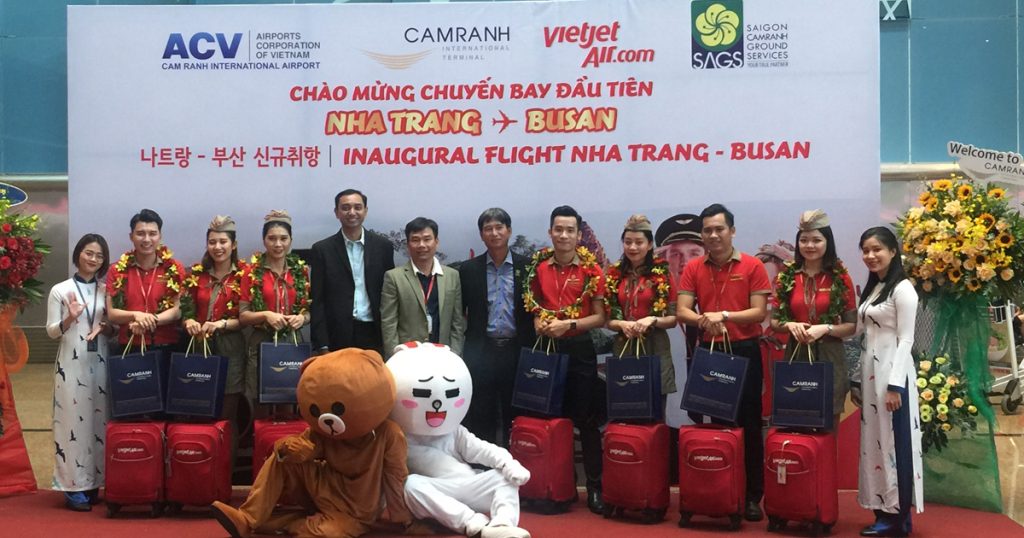Razer and Visa have announced a first of its kind partnership that will transform payments in the gaming industry by bringing the scale and reach of Visa’s global network to Razer Pay e-wallet users.
The partnership will see Razer Fintech join Visa’s fintech fast-track program, which is designed to make it easier for fintechs to access the global Visa payments network. Razer Fintech and Visa will develop a virtual Visa prepaid solution to be embedded in the Razer Pay e-wallet, that will allow up to 60 million Razer users to make payments wherever Visa is accepted at 54 million merchant locations worldwide.
Razer Fintech and Visa look to roll out an exclusive Razer-branded Visa prepaid payment solution integrated into Razer Pay via a mini-app, which will cement Razer Pay’s position as one of Southeast Asia’s leading e-wallet platforms.
Razer Pay users will be able to make payments wherever Visa is accepted. The prepaid solution will complement Razer Pay’s existing offerings, which include everyday essentials such as mobile top-ups, leading virtual credits, and entertainment purchases for music and streaming services. Users will also enjoy exciting benefits and rewards when using their prepaid cards for e-commerce transactions and when they make purchases overseas.
The integrated prepaid card solution will offer users the same convenient top-up and cash-out methods available on Razer Pay, underpinned by an advanced privacy and security framework. Razer Pay has collaborated with innovative partners to amplify its existing offerings by introducing ride-hailing, movie ticketing, and utility payments in streamlined mini-applications.
Southeast Asia has a large unbanked and underserved population of over 438 million. The partnership between Razer Fintech and Visa has the potential to extend micro-financial services to this underserved segment. These capabilities will help to enhance the financial literacy levels of the Southeast Asia population.
Razer Fintech and Visa anticipate rolling out these solutions progressively in selected countries across Southeast Asia in the coming months, before expanding globally.



![[Review] Be Our Guest to a Night of Enchantment with Disney’s Beauty and the Beast in Singapore This December [Review] Be Our Guest to a Night of Enchantment with Disney’s Beauty and the Beast in Singapore This December - Alvinology](https://media.alvinology.com/uploads/2025/12/Screenshot-2025-12-14-195843-110x110.png)

![[Review] Tim Ho Wan’s Limited Edition East-Meets-West Menu Brings Festive Flavours to Dim Sum [Review] Tim Ho Wan’s Limited Edition East-Meets-West Menu Brings Festive Flavours to Dim Sum - Alvinology](https://media.alvinology.com/uploads/2025/12/6194907278834600928-110x110.jpg)






